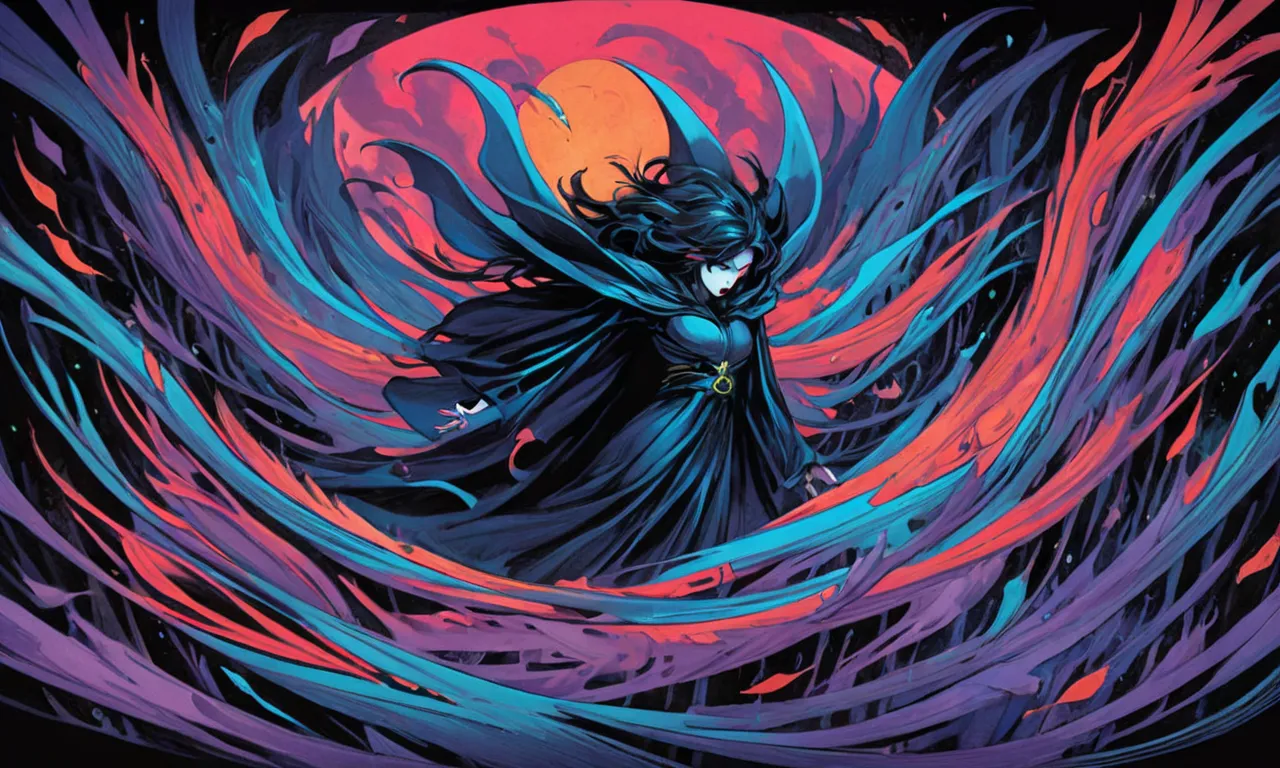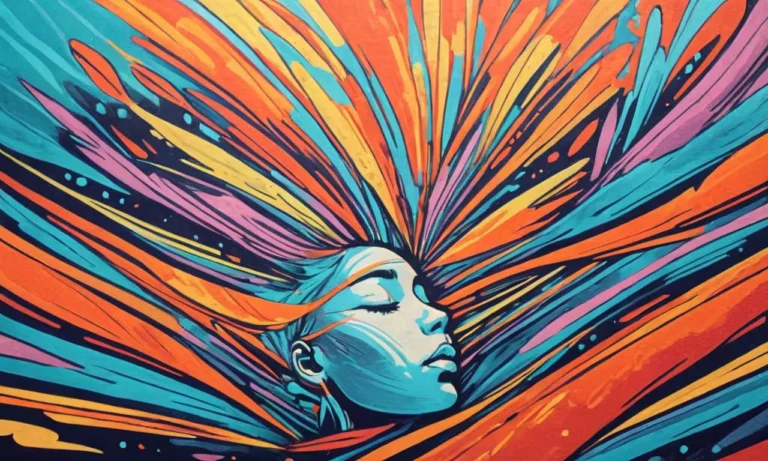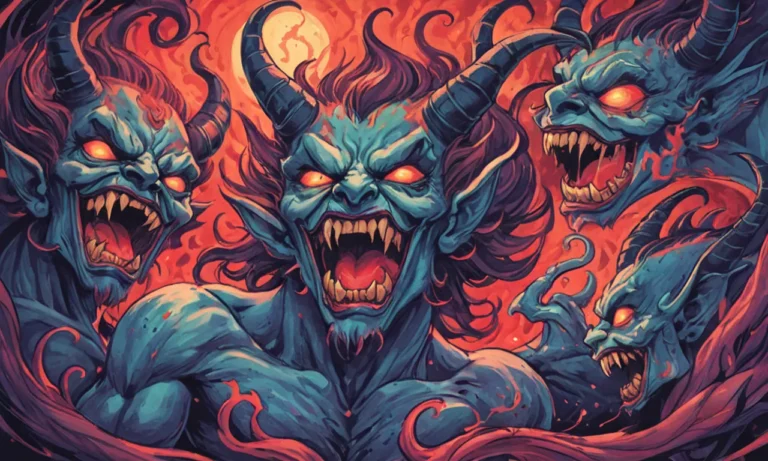Dream Of Darkness Meaning
Dreams are a fascinating aspect of human psychology, and they can be incredibly diverse in their content. Sometimes dreams might involve bright colors, lively characters, and happy moments. Other times, our dreams may take on a darker tone, filled with shadows and gloom. If you’ve been having dreams of darkness, don’t worry – we’re here to help you understand what this could mean!
In this article, we will delve into the meaning behind dreams of darkness, touching upon some common interpretations and offering practical tips on how to handle these types of dreams. So, grab your favorite beverage and join us as we explore the enigmatic world of nighttime visions.
1. What are Dreams of Darkness?
Before we dive into the potential meanings behind these dreams, let’s first clarify what we mean by “darkness.” When we talk about dreams of darkness, we aren’t necessarily referring to literal darkness – like being in a pitch-black room or walking down a dimly lit hallway. Instead, we’re talking about dreams where the atmosphere feels dark and ominous. The setting might be filled with shadowy figures, eerie landscapes, or threatening situations.
Now that we have a general idea of what these dreams look like let’s move on to discussing some possible interpretations. Keep in mind that dream interpretation is highly personal and subjective – what one person perceives as a warning sign could simply be a harmless scenario for someone else.
2. Common Interpretations
a) Fear and Anxiety
One of the most common reasons behind dreams of darkness is that they reflect feelings of fear or anxiety in your waking life. These emotions can manifest themselves in various ways within our dreams, often appearing as threatening situations or hostile environments. If you’re currently dealing with stress at work, relationship issues, or any other source of worry, it’s possible that these concerns are bleeding into your subconscious and presenting themselves through dark dreamscapes.
b) Unresolved Issues
Another common interpretation for dreams of darkness is that they represent unresolved conflicts or problems in our lives. These might be past experiences that we haven’t fully processed, or ongoing situations where we feel stuck or unable to move forward. By appearing in a dark and ominous setting, these issues take on an even greater sense of urgency and danger, encouraging us to confront them head-on.
c) Rejection and Isolation
Dreams of darkness can also symbolize feelings of rejection or isolation. Perhaps you’ve recently experienced a breakup, lost touch with a dear friend, or felt excluded from a group. These experiences can leave us feeling alone and vulnerable, leading to dark dreams where we feel abandoned and cut off from the world around us.
d) Fear of the Unknown
Sometimes, dreams of darkness simply reflect our natural fear of the unknown. Life is full of uncertainties, and it’s normal to feel anxious about what lies ahead. In these types of dreams, the darkness represents the unknown – an uncertain future filled with potential dangers and challenges.
3. Handling Dreams of Darkness
Now that we’ve discussed some possible interpretations let’s talk about how you can cope with these types of dreams. Here are a few suggestions to help you manage your nighttime visions:
a) Practice Relaxation Techniques
One effective way to handle distressing dreams is by practicing relaxation techniques before bed. This could include deep breathing exercises, progressive muscle relaxation, or visualization exercises. By calming your mind and body before sleep, you may find that your dreams become less intense and unsettling.
b) Keep a Dream Journal
Another helpful strategy is to keep a dream journal where you can record your nighttime experiences. This allows you to track patterns and themes in your dreams, which can provide valuable insight into their meanings. Plus, writing down your dreams can help reduce their emotional impact, making them feel less overwhelming when you wake up.
c) Seek Professional Help
If your dreams of darkness are causing significant distress or disrupting your daily life, it might be time to consult with a mental health professional. A therapist or counselor can help you explore the root causes of your dreams and develop strategies for dealing with them effectively.
4. Final Thoughts
Dreams of darkness can be unsettling and confusing, but they don’t necessarily have to be cause for alarm. By understanding the potential meanings behind these dreams and implementing practical coping strategies, you can turn this challenging experience into an opportunity for personal growth and self-discovery. Remember – your subconscious mind is a powerful tool, so listen to its messages carefully and respond with compassion and wisdom.
So there you have it – everything you need to know about dreaming of darkness! We hope that this article has provided some valuable insights into the meaning behind these types of dreams and offered practical tips for managing them effectively. Sweet dreams!






